The Responsible AI Lab (RAIL) hosted Prof. Yousif Hassan, a Professor from the University of Michigan with a passion for AI, technology policy, and social impact. His visit explored how AI can be shaped to serve communities responsibly, especially in the African context.
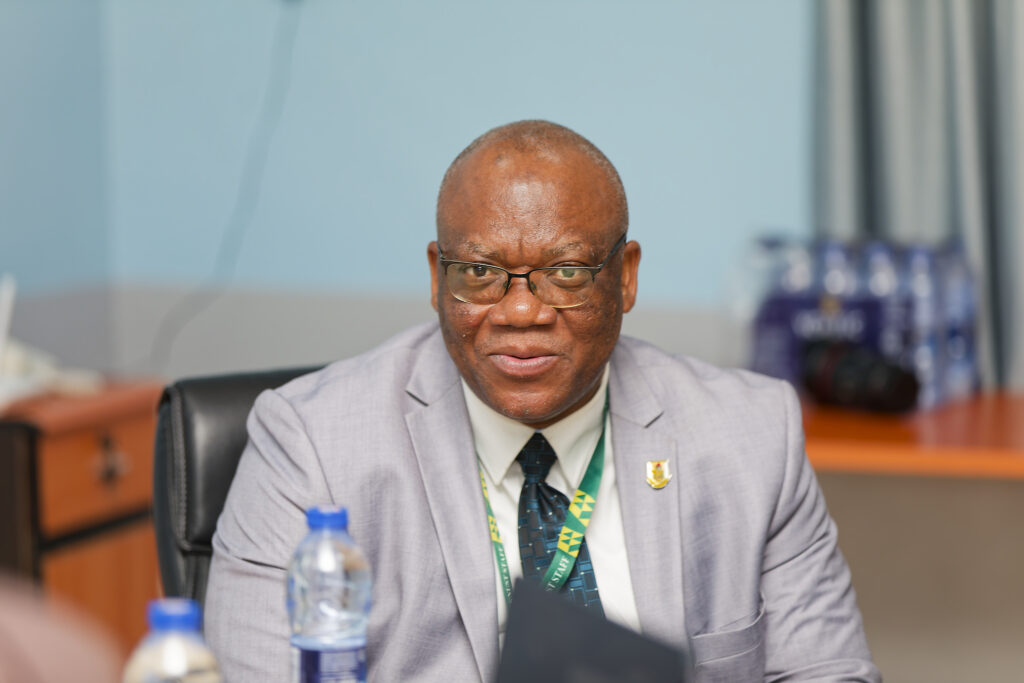
Prof. Jerry John Kponyo, RAIL’s Principal Investigator and Scientific Director, emphasised the importance of collaboration and policy in AI development.
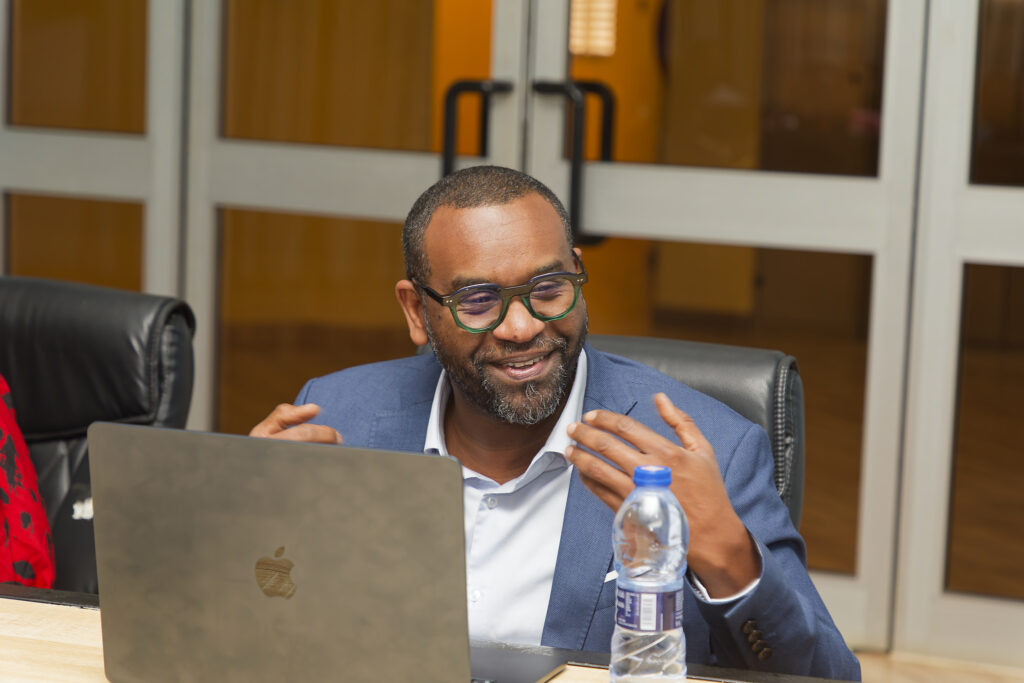
Prof. Hassan, whose work spans the School of Public Policy and the School of Information at Michigan, shared his fascination with how AI impacts local communities.
“There’s a gap in understanding AI’s social implications,” he noted. “We need solutions and policies that reflect local realities.”
Currently writing a book on AI and Development, Prof. Hassan is deeply interested in how start-ups and research labs like RAIL are reimagining AI for real-world challenges.
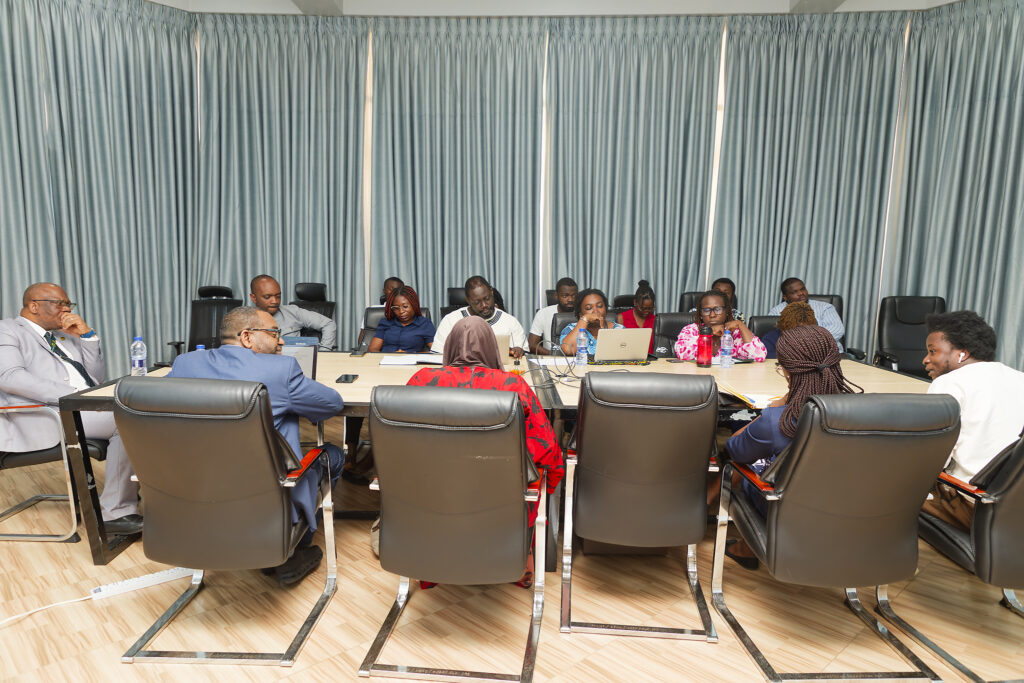
Students and thematic leads shared their projects on accent classification, ensuring AI systems understand diverse speech patterns, AI for rare disease diagnosis, helping detect genetic conditions in infants early. AI to predict energy consumption in rural areas, ensuring better resource planning, code-switching in natural language processing, AI-powered hearing aids that filter noise from speech, enhancing communication for the hearing impaired and an AI assistive device designed to empower the visually impaired.
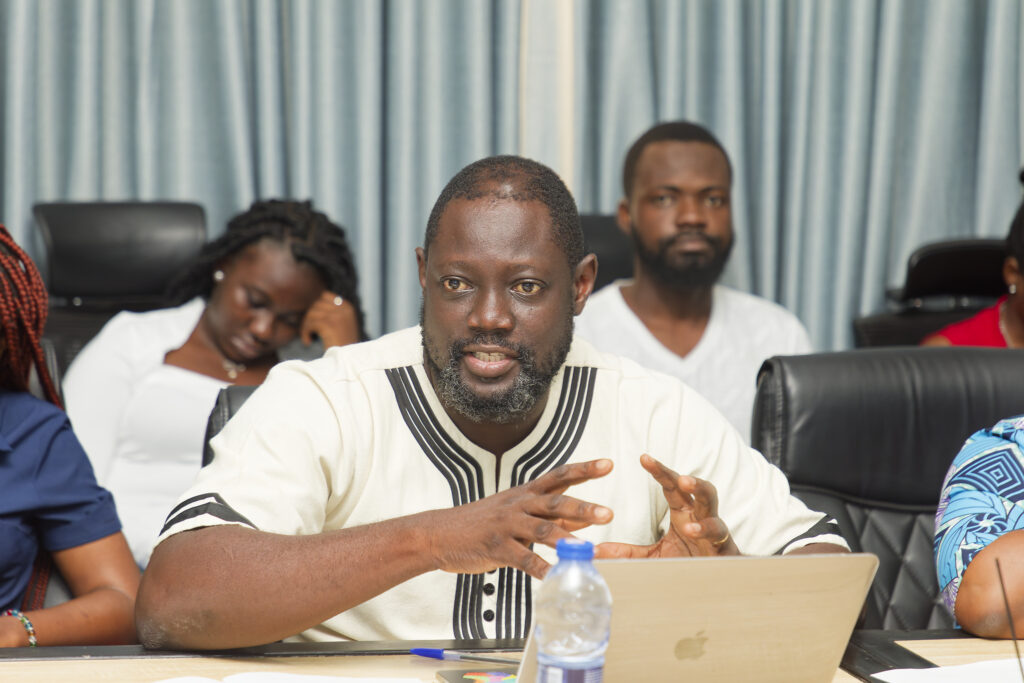
Prof. Kwadwo Mensah-Darkwa, Innovation and Entrepreneurship Lead, highlighted how students turn ideas into startups through hackathons, design thinking workshops, and business training.
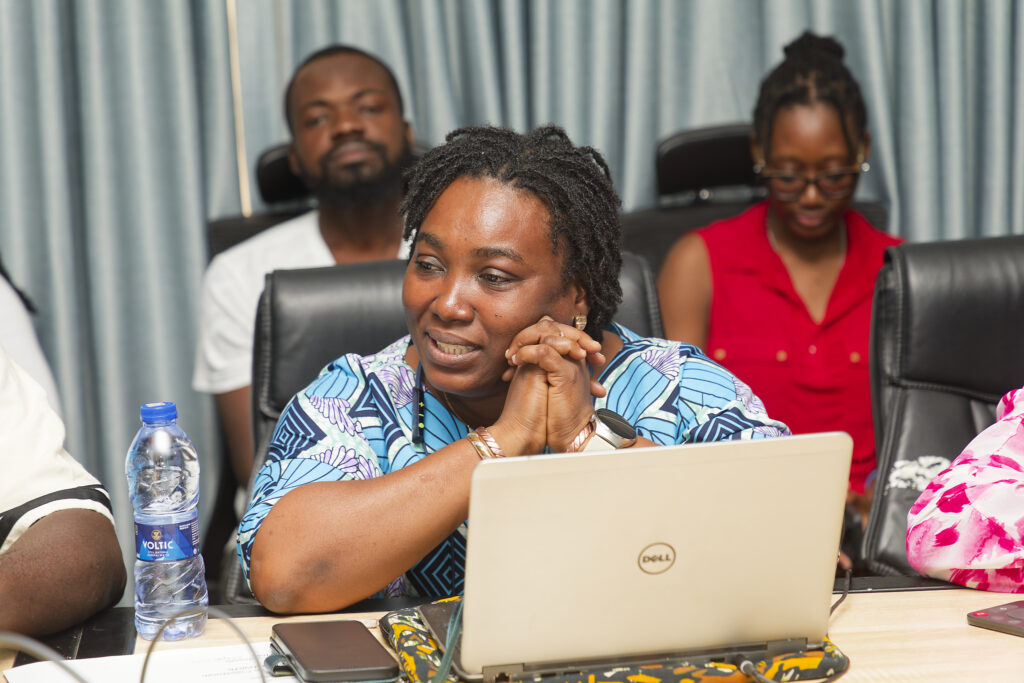
Dr. Martina Baidoo, Women in Technology theme member, shared inspiring initiatives like SHECodes and the RAIL Robotics Club, where mentorship bridges the gap between academia and industry.
Prof. Kponyo wrapped up the session by explaining how RAIL uses the FACETS framework to ensure AI solutions are ethical, fair, and socially responsible.
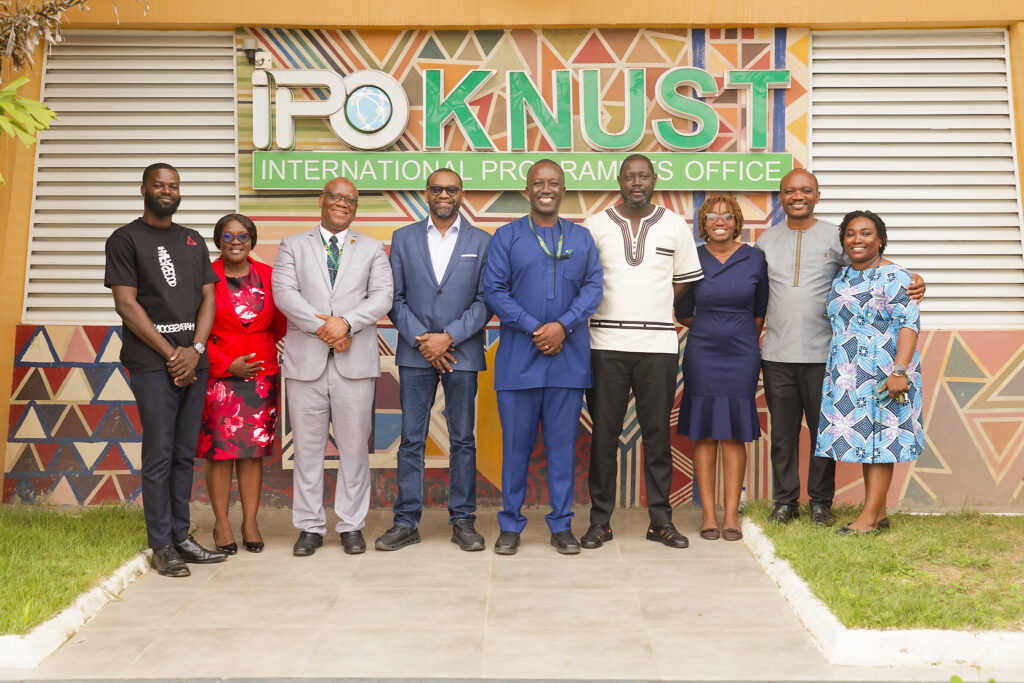
Prof. Hassan visited the International Programmes Office (IPO) and toured the KNUST College of Engineering Innovation Centre, the RF Lab, and the Dipper Lab, witnessing the College of Engineering’s commitment to cutting-edge research.
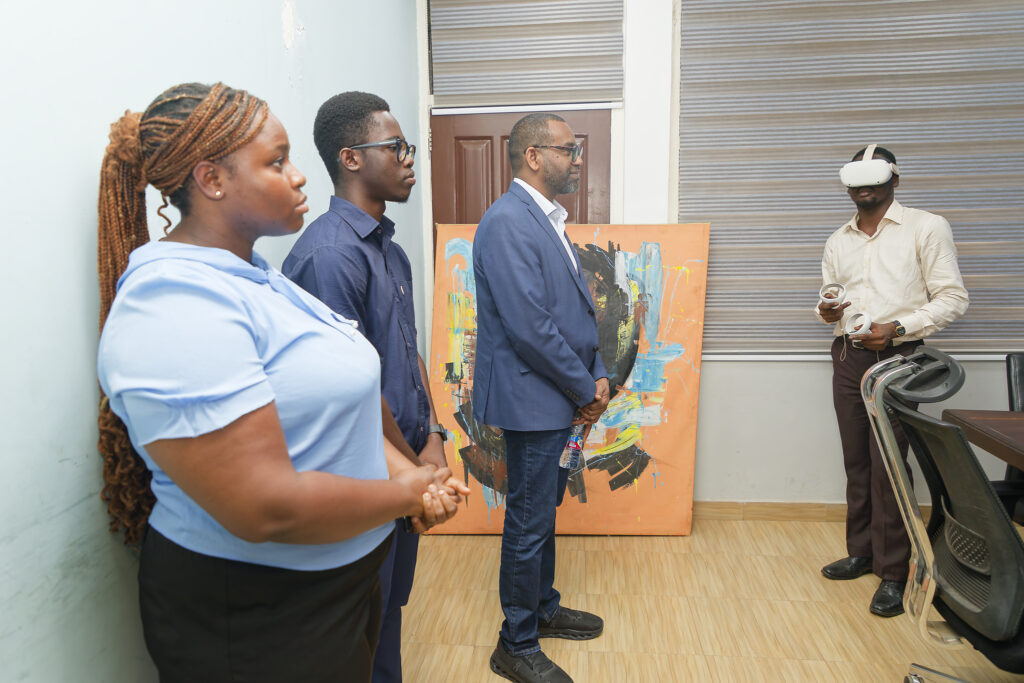
Prof. Hassan’s policy and inclusive AI insights resonate deeply with RAIL’s mission. As discussions continue, one thing is clear: the future of responsible AI is being shaped by collaborations like this.